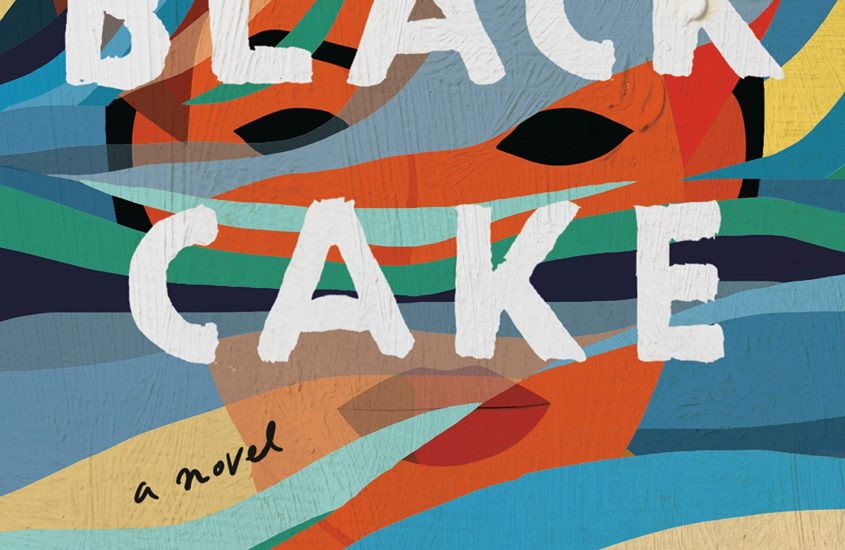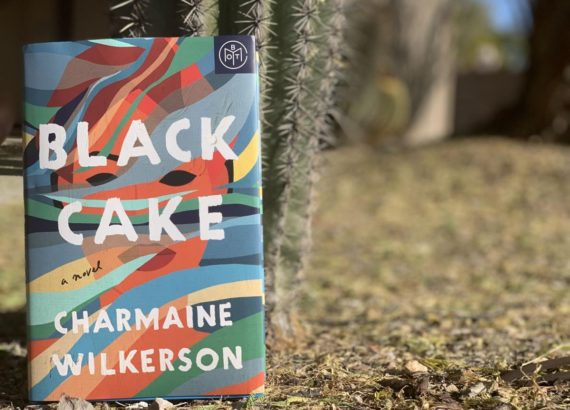Black Cake Review By: Paloma Lenz


Charmaine Wilkerson’s debut novel Black Cake is about more than the pastry itself. It’s an exploration of how foods can represent memories and transport people to another time and place. The way we eat can easily blur boundaries and cross oceans, then be remixed and adopted into new traditions.
Eleanor Bennett baked a new black cake every few years and saved it in the freezer for her and her husband to slice on their anniversary. She also made it on special occasions and holidays. Her daughter Benny learned how to soak the fruits in port, assembled the batter, and decorated it. Eleanor appeared to do it all from memory. Benny couldn’t recall ever seeing a recipe that her mother referenced. Benny returns to her childhood home after so many years away where she confirms that her mother held the recipe inside. It was the only tangible thing Eleanor could share with her children from her childhood on an island in the Caribbean.
Following Eleanor’s death, her two adult children, Benny and Byron, are reunited and faced with fulfilling their mother’s final wish: to sit down together and share the last black cake she ever made when the time is right. But, as they sit down to listen to a voice recording Eleanor left for them to listen to, they can’t help but wonder what their mother wants them both to know. And it’s the story and characters that follow that come together in a dizzying fashion.
The story begins with two young swimmers eager to make it off their small island with big dreams. A mother that leaves her daughter and husband behind. An unlucky father with a gambling problem, forcing his daughter to pay the price. There’s a grand escape, a change of identity. The stories are erased or retold in ways that keep people safe, providing hints of what happened without being entirely forthcoming.
Wilkerson’s chapters shift perspectives and don’t span more than a few pages at a time, bringing a high level of tension to the story, mimicking how Eleanor may have felt as she tried to record her story for her children in its entirety before she died so that they may know their history. Spanning from the Caribbean to the United Kingdom to California, the Bennetts’ story moves across borders, adapting to new environments and creating new memories, and forming them into a new identity the same way that diasporic foods such as the black cake came to be and persist through time.



